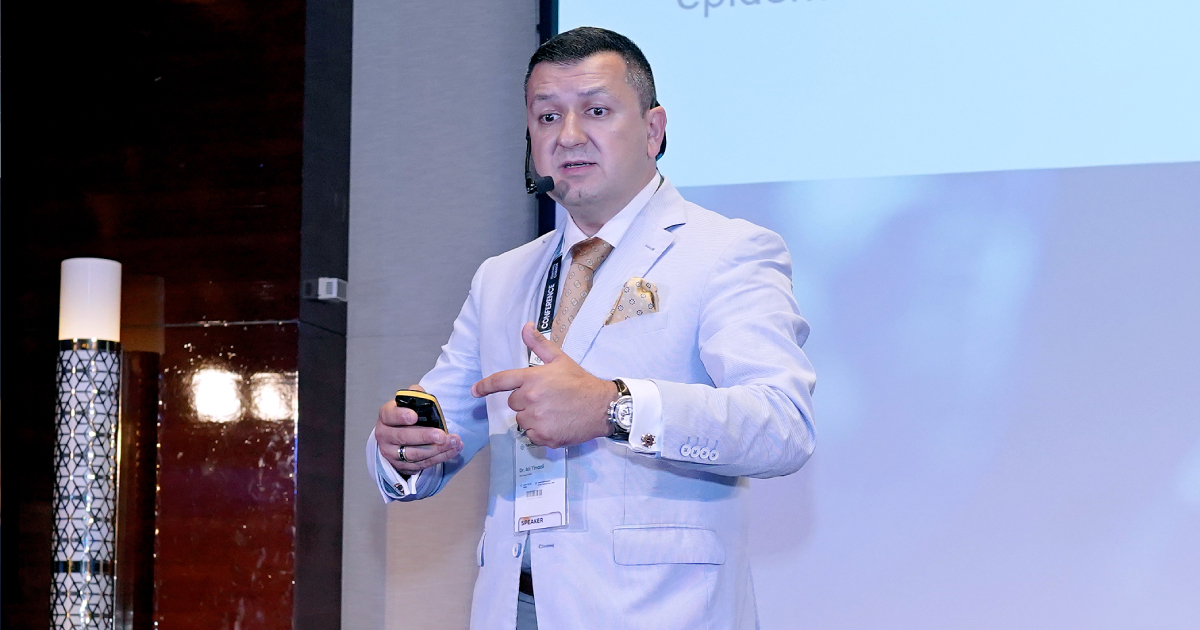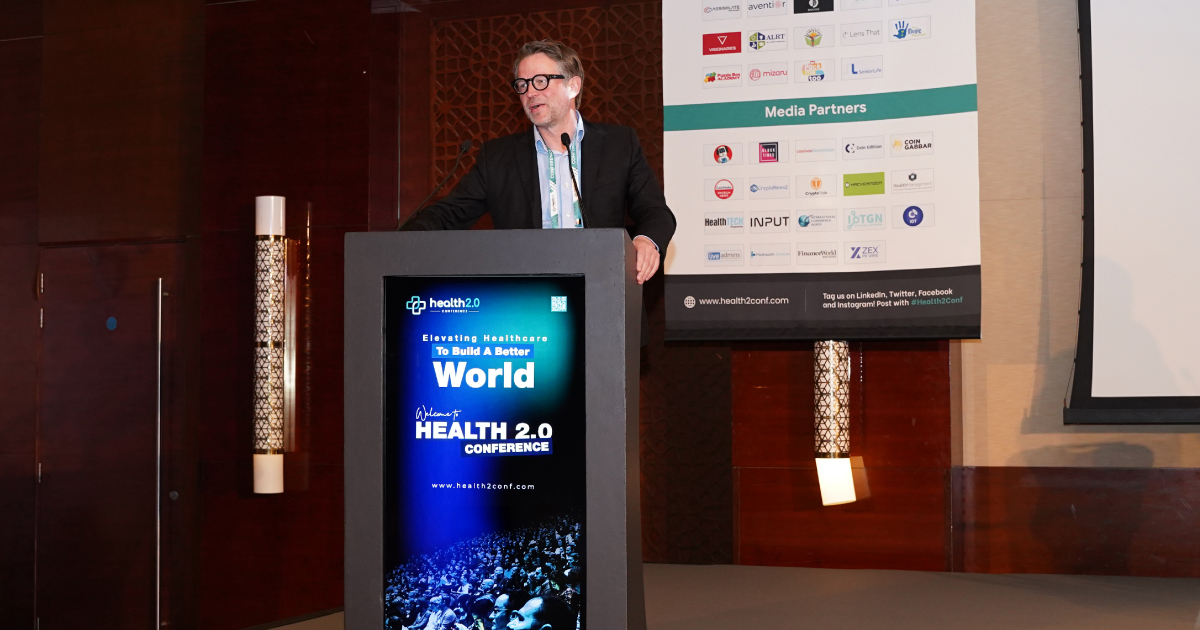COVID-19 has changed the lives of many, especially those in the medical field. Numerous aspects of the industry have been impacted - patient safety, data collection, and management, treatment delivery, etc.
For this, clinical trial teams have collaborated to address these issues in various ways, such as temporarily or permanently suspending processes and utilizing technology to discover creative solutions.
Clinical trial teams worldwide had acted immediately to design and conduct new clinical trials for the Covid-19 vaccines. The teams must continue this, while also looking forward to the participants' safety as well.
Although this is such a critical topic, few post-COVID healthcare events have delved deep into it. The Health 2.0 Conference’s Spring Edition, in particular, had quite a few sessions dedicated to the changes brought on by the pandemic and the road ahead, and it also touched upon the subject of clinical trial management in the post-COVID-19 era.
Drawing from the discussions and taking into account the developments that have taken place in the past few months, this blog sheds light on how the pandemic had a lasting effect on clinical trials.
Impact Of The Pandemic On Clinical Trials And Teams
The pandemic has greatly affected even the workplaces, wherein it clearly showed a decline in the availability of people willing to participate in the clinical trials. Due to this, new patient recruitment and enrollment models have been considered, wherein innovative solutions continue to be tested.
This has ultimately paved the way for hiring an adequate number of participants while safeguarding both staff and study materials.
Although clear and regular communication with staff members and sponsors is always necessary, it was especially critical during the pandemic since trial methods might alter quickly. Trial managers seek information from site staff to make appropriate decisions about these adjustments.
This keeps them from concentrating too heavily on one aspect of the trial, such as recruiting or retention, and instead keeps them focused on the trial's overall success. Furthermore, trial managers investigated various communication styles to ensure they employed the most appropriate strategy for each occasion.
Clinical trial staff, especially managers, had to assess carefully whether clinical trial treatments could be given to the participants without sacrificing their safety.
Some have found it easier to deliver treatments and test kits directly to the participants without face-to-face visits, while some have used remote follow-up appointments.
-
Clinical Trial Staff Trainings
Before the pandemic happened, the majority of trial-specific training was conducted face-to-face. But due to travel limits and safety regulations, many trial managers have established alternative training techniques, including virtual training.
Although virtual training technology existed before the pandemic, many research teams continued to employ traditional methods such as face-to-face training sessions and teleconferencing, which either lacked human interaction or were too expensive.
Many teams have been compelled to examine and implement new tactics, such as video conferencing, webinars, and brief training videos, due to COVID-19. Video conferencing, in particular, has shown to be a viable option because it is quick, inexpensive, and allows for human engagement.
The New Norm Is Here To Stay
Even though the coronavirus has provided many hurdles and setbacks, it is crucial to know that it has also spurred clinical research teams to apply innovative methods and technologies at a breakneck pace. These trials are always known for being complicated and costly; therefore, it is vital that the lessons learned during this time could be applied in future tests.
To do this, clinical research and trial teams must share best practices and inventive new ideas with other groups so that they can learn from one another. Health 2.0 Conference is one such platform where experts come together to discuss such impacts.













